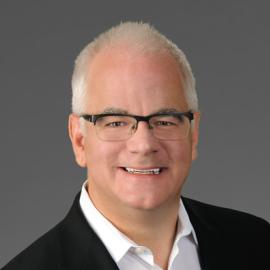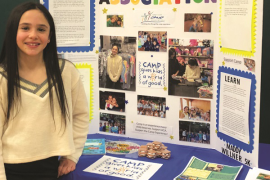“The delicate balance of mentoring someone is not creating them in your own image but giving the opportunity to create themselves.” – Steven Spielberg

Immersive camp experiences help campers and staff feel increasingly connected in many ways. With the support of their peers and mentors at camp, they learn to explain through words and actions how they fit into the camp community and what belonging at camp feels like for them. That self-narrative forges emotional resilience and helps them mitigate future challenges to their confidence and self-esteem.
This past August, the CDC (2024) published its annual Youth Risk Behavior Survey of 10-year trends (2013-2023). The emerging trends included:
- Only about half of high school students felt close to people at school.
- Almost a third of high school students reported that they had experienced racism.
- One in five students reported being unfairly disciplined at school.
- Forty percent of high school students reported experiencing persistent feelings of sadness and hopelessness (almost every day for at least two weeks in a row, causing them to stop doing their usual activities). Girls were almost twice as likely as boys to report experiencing persistent feelings of sadness or hopelessness.
- Almost a third of high school students experienced poor mental health in the last 30 days.
When young people feel connected at camp, that feeling of belonging helps protect them from poor mental health, suicidal thoughts and behaviors, substance abuse, violence, and sexual risk behaviors (CDC, 2024). Professional development and staff training programming from ACA can aid camp pros’ focus on creating inclusive and safe spaces at camp and continuously improving intentional programming around cultivating an authentic culture. This positive culture in turn enables young peoples’ sense of belonging, purpose, and identity to thrive.
I want to recommend a deeply inspiring book that came out about the same time as the CDC published its new Youth Risk Behavior Survey this past August: 10 to 25: The Science of Motivating Young People by David Yeager, PhD, a renowned psychologist at the University of Texas at Austin (and a recent keynote speaker at the ACA National Conference). In 10 to 25, Yeager explores how caring adults can interact with young people in a way that fosters inspiration, enthusiasm, and engagement. He argues that by understanding the neurobiological factors that drive young people’s behavior, adults can avoid common pitfalls in communication and build stronger relationships (2024).
Yeager’s research suggests that young people have a heightened sensitivity to social status and respect, and that adults can leverage this by adopting a “mentor mindset” leadership style instead of an authoritarian “enforcer mindset” or a “protector mindset” that disrespectfully assumes young people are incompetent and therefore must be protected. Adopting a mentor mindset involves:
- Validating young people’s perspectives
- Asking questions
- Being transparent
- Holding young people to high standards
Yeager’s research shows that these practices can lead to positive outcomes for young people, such as reduced behavior problems and increased motivation (2024).
The book challenges the misconception that mentoring is time-consuming. In fact, by utilizing the mentor mindset, Yeager argues that adults can empower young people and shift responsibility to them, ultimately saving time and effort (2024).
Yeager is a terrific storyteller and offers many examples and practical strategies for camp professionals to use in nurturing well-adjusted and accomplished young people while improving their own leadership interactions. The final section is a workbook that will help you put the research into practice. Don’t miss this inspirational book!
With this being the season of gratitude and goodwill toward each other, I would like to express my deep gratitude for the opportunity to serve you all. Thank you for all you do to lift, lead, and inspire generations of young people.
It’s been an honor and privilege to serve as president and CEO of ACA over these past eight years, and I’m excited by all we have accomplished together. As I step down, I am filled with optimism for ACA’s future, which is now stronger than ever and positioned for tremendous growth and scale.
References
- US Centers for Disease Control and Prevention. (2024, August 6). Youth Risk Behavior Survey 2013–2023. cdc.gov/yrbs/dstr/index.html
- Yeager, D. S. (2024). 10 to 25: The science of motivating young people. New York, NY: Avid Reader Press.

